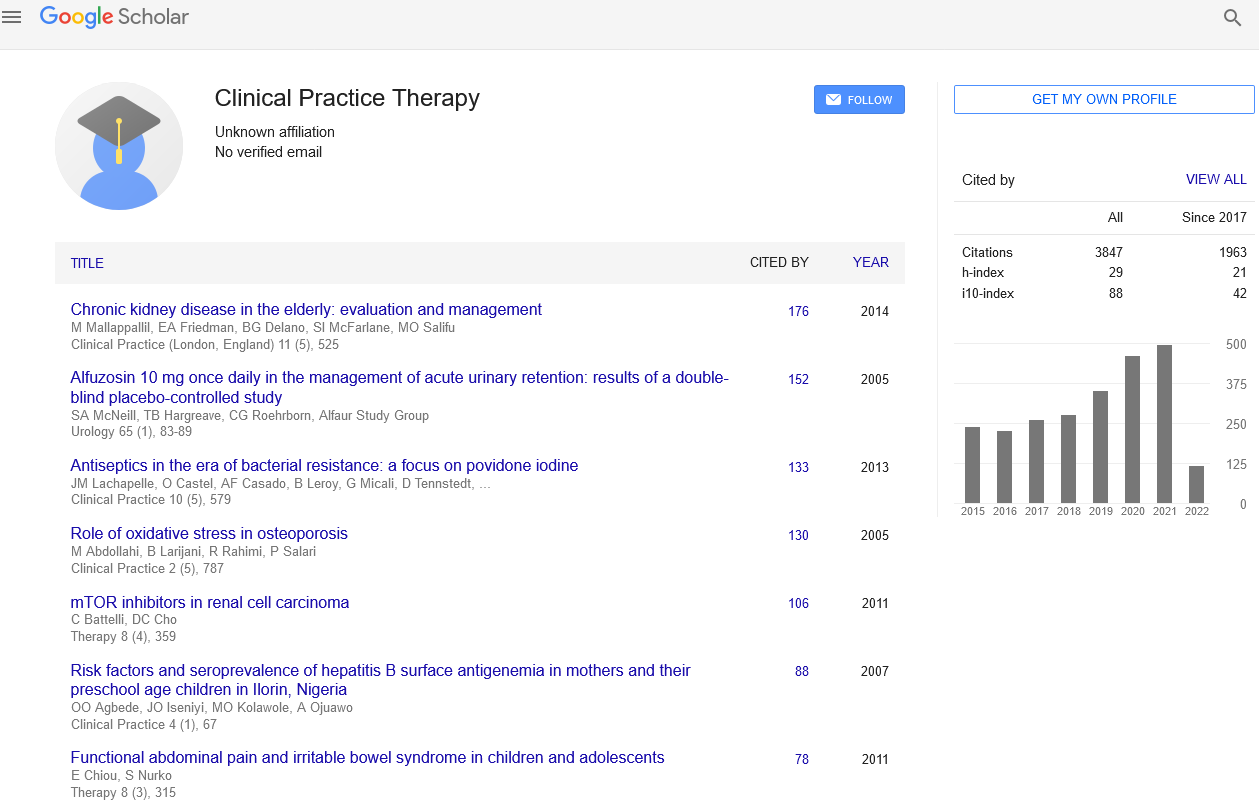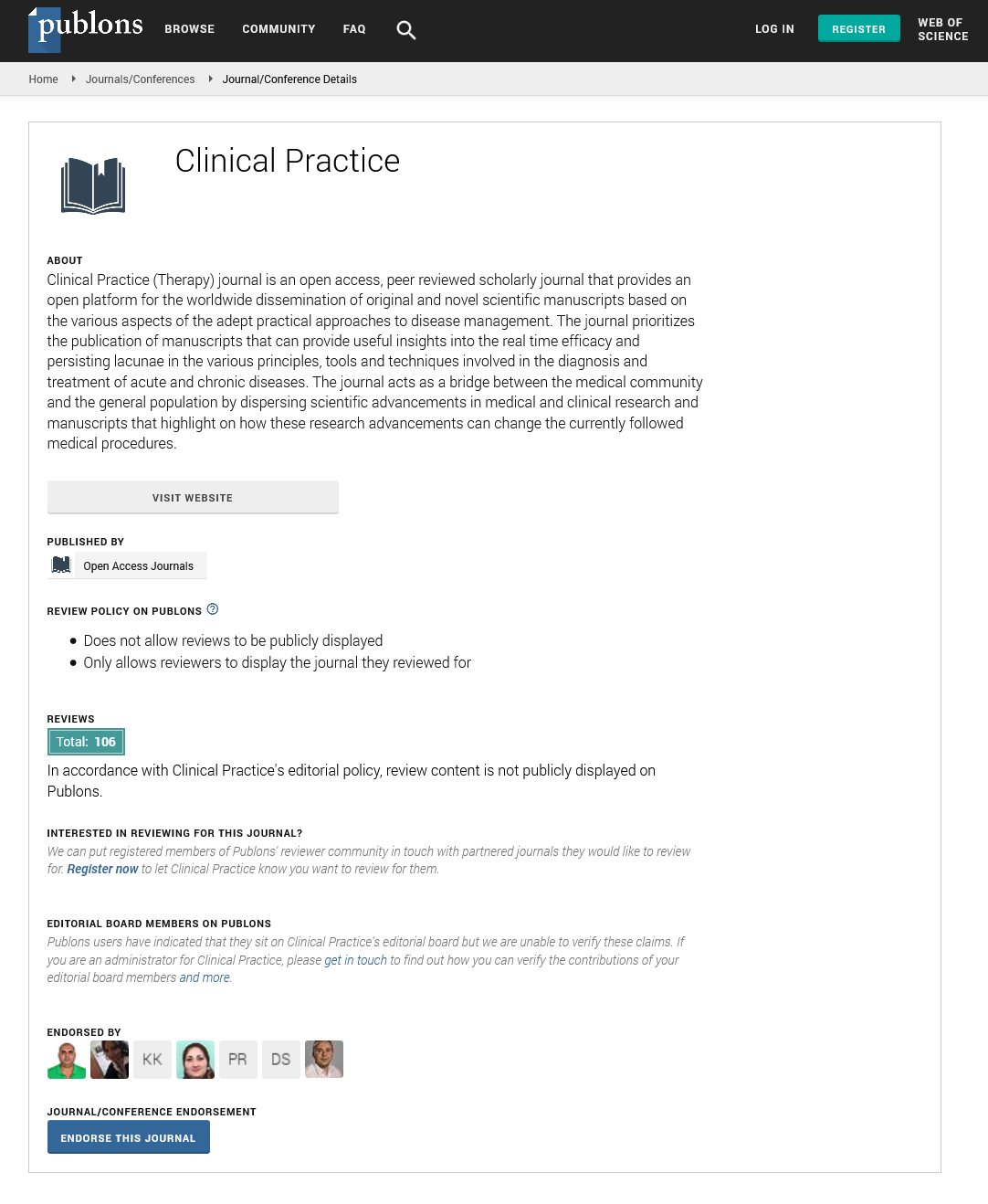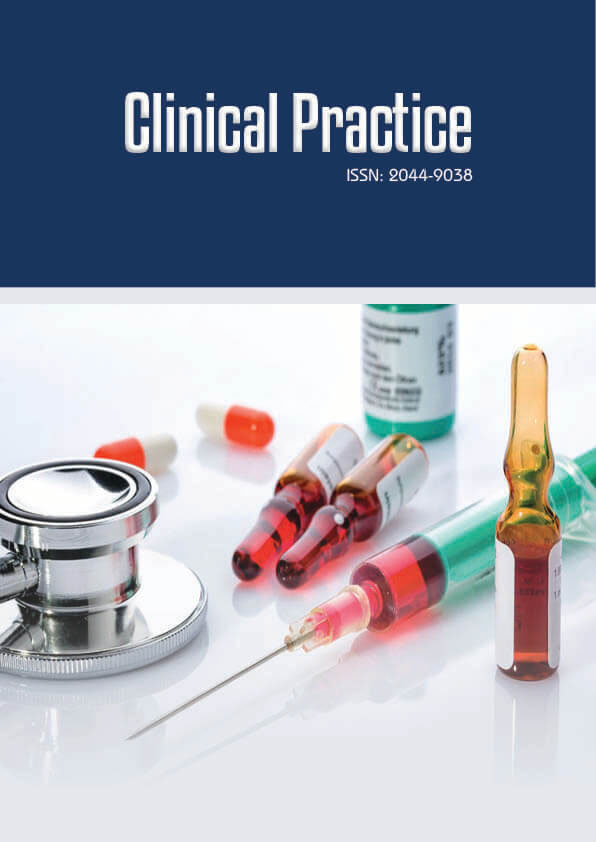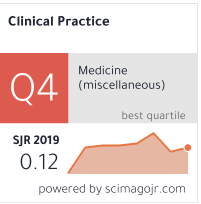Perspective - Clinical Practice (2025) Volume 22, Issue 1
A Recommendation to Enhance the Outcomes of
Kan Gong*
Department of Urology, Peking University First Hospital, No.8 Xishiku Street, Xicheng District, Beijing, 100034, China
- *Corresponding Author:
- Kan Gong
Department of Urology, Peking University First Hospital, No.8 Xishiku Street, Xicheng District, Beijing, 100034, China
E-mail: Qiu@gmail.com
Received: 01-Mar-2025, Manuscript No. fmcp- 25-159070; Editor assigned: 03-Mar-2025, Pre-QC No. fmcp-25-159070 (PQ); Reviewed: 17-Mar-2025, QC No. fmcp-25-159070; Revised: 21-Mar-2025, Manuscript No. fmcp- 25-159070 (R); Published: 28-Mar-2025, DOI: 10.37534/2044-9038.2025.22(1).1-3
Abstract
Multiple myeloma (MM) is a hematologic malignancy characterized by the uncontrolled growth of plasma cells in the bone marrow, leading to significant morbidity and mortality. Although various treatment options, including chemotherapy and autologous stem cell transplantation, have been utilized, relapsed or refractory multiple myeloma (r/r MM) remains a critical challenge. Chimeric Antigen Receptor T-cell (CAR-T) therapy has emerged as a promising treatment for r/r MM, especially in patients who have failed previous therapies. Recent studies have focused on enhancing platelet function through CAR-T cell therapy to improve clinical outcomes. This article offers a perspective on strategies to optimize the effectiveness of CAR-T therapy by enhancing platelet function, thereby improving treatment outcomes in relapsed/refractory multiple myeloma.
Keywords
Chimeric antigen receptor t-cell therapy • CAR-T therapy • Relapsed/refractory multiple myeloma • Platelet function • Hematologic malignancies • Cancer immunotherapy • Treatment outcomes • Immunotherapy optimization
Introduction
Multiple myeloma (MM) is a B-cell malignancy primarily affecting elderly individuals and is associated with a complex and often unfavorable prognosis, particularly in cases of relapsed or refractory multiple myeloma (r/r MM). Despite significant advances in treatment, including novel agents such as proteasome inhibitors and immunomodulatory drugs, r/r MM remains a major cause of mortality in this patient population. CAR-T cell therapy, a form of immunotherapy where T cells are genetically modified to express receptors specific to cancer antigens, has revolutionized the treatment landscape for r/r MM. One of the challenges that has emerged in the context of CAR-T therapy is its potential impact on platelet function. Platelet dysfunction, which can result from both the underlying disease and the treatment, can significantly affect patient outcomes, contributing to bleeding risks and further complications. This perspective article aims to discuss the importance of enhancing platelet function in the context of CAR-T therapy and to offer recommendations for optimizing outcomes for patients with relapsed/refractory multiple myeloma [1, 2].
CAR-T cell therapy in multiple myeloma
CAR-T therapy has shown remarkable promise in the treatment of multiple myeloma. Currently, therapies targeting the B-cell maturation antigen (BCMA) have shown notable efficacy, resulting in deep responses and prolonged progression-free survival in a significant portion of patients with r/r MM. However, one of the emerging concerns with CAR-T therapy is its potential impact on hematologic function, particularly platelet counts and function. The effect of CAR-T cells on the hematologic system is complex. On one hand, CAR-T therapy can lead to rapid tumor lysis, which may result in significant cytokine release and immune system activation. On the other hand, this can sometimes lead to myelosuppression, where the production of platelets and other blood cells is impaired. These effects, when combined with the inherent platelet dysfunction in MM, can result in bleeding complications, which can be detrimental to patient outcomes [3].
Platelet function in multiple myeloma and CAR-T therapy
Platelet dysfunction in multiple myeloma is a well-established phenomenon. Patients with MM frequently present with thrombocytopenia and altered platelet function, which is partly due to the bone marrow environment, as well as direct effects from the tumor cells themselves. This compromised platelet function contributes to an increased risk of bleeding and further complicates treatment management. In the context of CAR-T therapy, the situation becomes even more critical. Although CAR-T cells have the potential to eliminate malignant plasma cells, they also have an impact on normal bone marrow function, which may worsen the already compromised platelet production in MM patients. The cytokine release associated with CAR-T infusion can lead to a transient decline in platelet counts, and prolonged myelosuppression may further compromise platelet function. As such, it becomes essential to develop strategies that not only enhance the anti-tumor effects of CAR-T therapy but also safeguard platelet function to mitigate bleeding risks [4, 5].
Recommendations to enhance platelet function and improve CAR-T therapy outcomes
Pre-Treatment Strategies:
Prior to CAR-T cell infusion, optimizing platelet counts and function through supportive therapies such as platelet transfusions, growth factors (e.g., thrombopoietin mimetics), or other hematologic interventions could help improve platelet reserves. Additionally, pre-conditioning therapies aimed at reducing the cytokine storm associated with CAR-T therapy could prevent excessive platelet depletion [6].
Targeted approaches to enhance platelet function during CAR-T therapy:
Integrating therapies that specifically target platelet activation and aggregation pathways could reduce platelet dysfunction and improve hemostasis. For instance, the use of low-dose aspirin or anti-platelet agents to optimize platelet aggregation could enhance platelet function during CAR-T therapy. However, careful monitoring for bleeding risks is necessary when using such interventions.
Combination with other therapeutic approaches:
Combining CAR-T therapy with other emerging treatments, such as monoclonal antibodies or small molecule inhibitors that target platelet signaling pathways, could enhance platelet function while maintaining the efficacy of CAR-T therapy. These combination strategies could offer a dual benefit: improving platelet function while targeting the myeloma cells [7, 8].
Personalized approaches based on genetic and biological factors:
Given the heterogeneity of both the tumor and the patientâs underlying hematologic function, a personalized approach to optimizing platelet function is warranted. Genetic studies and biomarker assessments could guide the selection of specific therapies to enhance platelet counts and function, improving the overall safety and efficacy of CAR-T cell therapy.
Post-treatment monitoring and management:
After CAR-T infusion, vigilant monitoring of platelet function and counts is critical to detecting early signs of thrombocytopenia or bleeding. Early intervention with platelet transfusions or other hematologic support could prevent complications and improve patient outcomes [9, 10].
Conclusion
The integration of CAR-T cell therapy into the treatment paradigm for relapsed/refractory multiple myeloma represents a major advancement in the field of hematologic oncology. However, platelet dysfunction, which is exacerbated by both the disease and the treatment itself, remains a significant challenge in optimizing patient outcomes. By implementing pre-treatment strategies, targeted therapies, and personalized approaches, we can enhance platelet function and mitigate risks, thus improving the safety and efficacy of CAR-T therapy. Continued research into the relationship between CAR-T therapy and platelet function, along with the development of new therapeutic strategies, will be critical in advancing treatment outcomes for patients with relapsed/refractory multiple myeloma.
References
- Odle RI, Walker SA, Oxley D, Kidger AM, Balmanno K, et al. (2020) An mTORC1-to-CDK1 Switch Maintains Autophagy Suppression during Mitosis. Mol Cell 77: 228-240 e227.
- Tong Y, Huang Y, Zhang Y, Zeng X, Yan M, et al. (2021) DPP3/CDK1 contributes to the progression of colorectal cancer through regulating cell proliferation, cell apoptosis, and cell migration. Cell Death Dis 12: 529.
- Li L, Wang J, Hou J, Wu Z, Zhuang Y, et al. (2012) Cdk1 interplays with Oct4 to repress differentiation of embryonic stem cells into trophectoderm. FEBS Lett 586: 4100-4107.
- Marlier Q, Jibassia F, Verteneuil S, Linden J, Kaldis P, et al. (2018) Genetic and pharmacological inhibition of Cdk1 provides neuroprotection towards ischemic neuronal death. Cell Death Discov 4: 43.
- Gregg T, Sdao SM, Dhillon RS, Rensvold JW, Lewandowski SL, et al. (2019) Obesity-dependent CDK1 signaling stimulates mitochondrial respiration at complex I in pancreatic beta-cells. J Biol Chem 294: 4656-4666.
- Smith HL, Southgate H, Tweddle DA, Curtin NJ (2020) DNA damage checkpoint kinases in cancer. Expert Rev Mol Med 22: e2.



